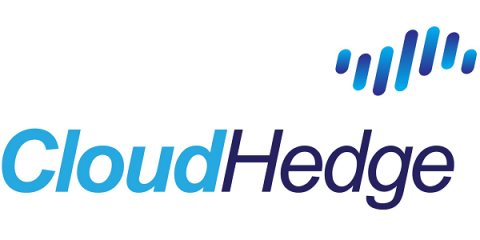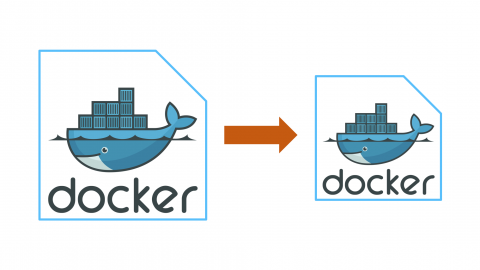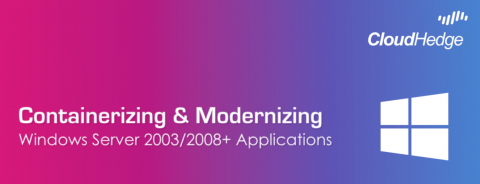De-Risk Application Re-Factoring
While cloud adoption in general has been on the rise, the migration of business-critical legacy application workloads to the cloud has been relatively cautious. Apart from financial risk, the primary reason for this precaution is the inherent risk to business operations. Customers who venture into application refactoring have broadly two options...






